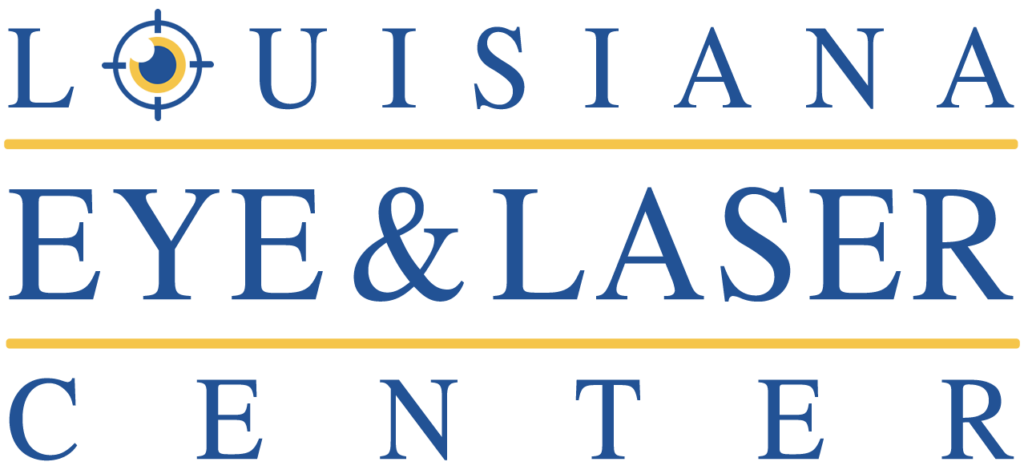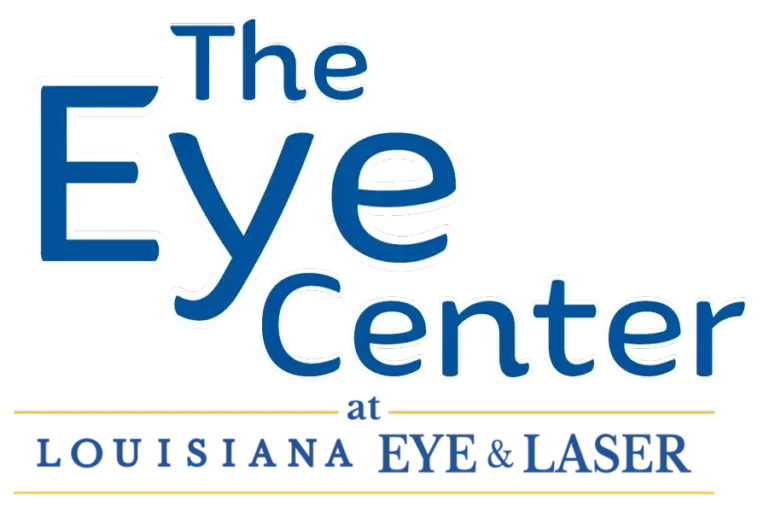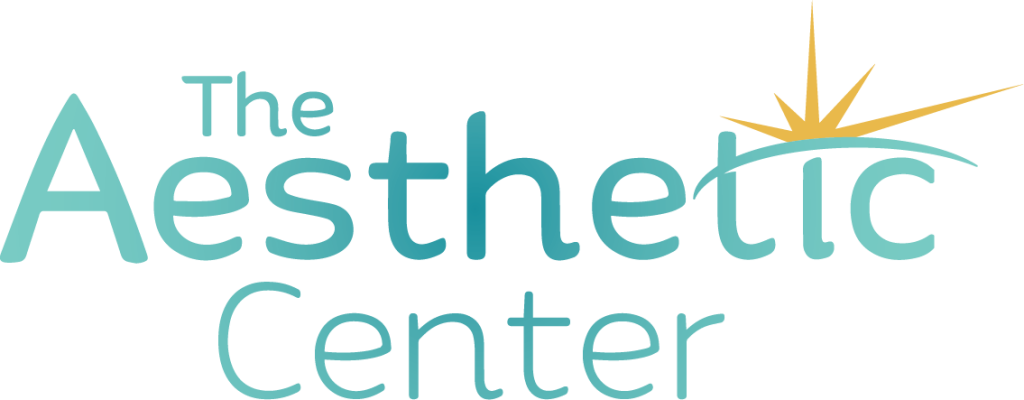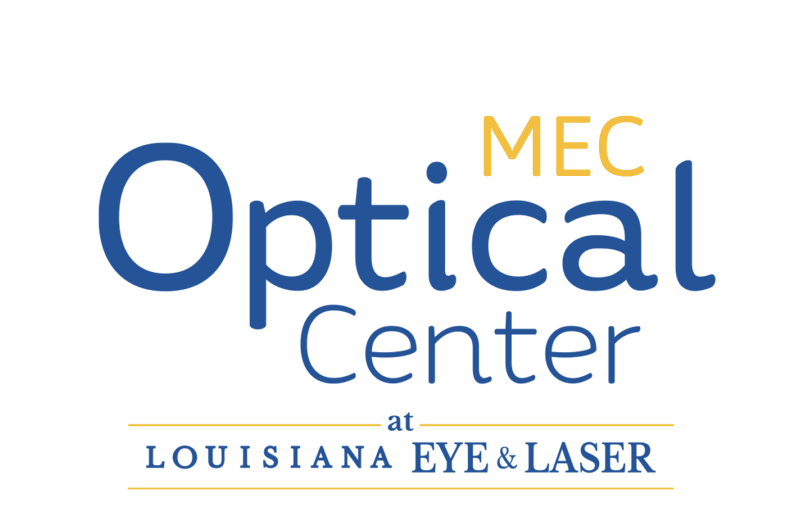What to Expect on Your Comprehensive Ophthalmology Testing Day
We strive to make your visit comfortable, efficient, and informative. Here's a guide on what you can anticipate during a full day of ophthalmic testing at our clinic:

Cataract Evaluation (~1-2 hours total)
- Visual Acuity and Refraction (15 mins): Check your vision clarity and determine the optimal glasses prescription.
- Pupil Dilation (20 mins waiting time): Drops administered to allow thorough inspection of your lens and retina.
- Slit-Lamp Examination & Fundus Evaluation (15 mins): Detailed assessment of your cataract severity and retina health.
- A-scan Biometry/OCT (15 mins): Precise measurement of your eyes for potential cataract surgery.
Glaucoma Evaluation (~1-2 hours total)
- Tonometry (Eye Pressure Check, 5 mins): Quick and painless eye pressure measurement.
- Visual Field Test (15-30 mins): Assess peripheral vision to identify any glaucoma-related loss.
- Pachymetry (5 mins): Measuring corneal thickness helps determine glaucoma risk.
- OCT Scan (10 mins): Detailed images of your optic nerve and retinal nerve fiber layer.
- Dilated Fundus Exam (20-30 mins): A thorough evaluation of your optic nerve and retina health.
LASIK Evaluation (~1.5-2 hours total)
- Vision Testing and Refraction (15 mins): Determines your baseline vision and optimal correction.
- Corneal Topography & Pachymetry (10 mins): Detailed mapping and thickness measurements of your cornea.
- Pupil Measurement & Wavefront Analysis (10 mins): Analyze your eyes for custom LASIK treatment.
- Dilated Fundus Exam (optional, 20 mins): Thorough retinal assessment as needed.
- Consultation with Surgeon (15-20 mins): Discuss your suitability, expectations, and options.
TearCare (~45 mins total)
- Dry Eye Assessment (10 mins): Evaluate symptoms and ocular surface condition.
- Tear Film Analysis (10 mins): Assess tear quality and stability.
- Meibomian Gland Imaging (10 mins): High-definition imaging to assess gland function and health.
- Consultation and Treatment Recommendations (10-15 mins): Personalized recommendations to manage dry eyes.
Transcranial Doppler (TCD) Evaluation (~30-45 mins total)
- Preparation and Setup (5-10 mins): Comfortable positioning and setup of the ultrasound device for optimal results.
- Ultrasound Imaging Procedure (15-20 mins): Non-invasive imaging of blood flow in your brain using ultrasound waves.
- Data Analysis and Interpretation (10-15 mins): Reviewing and interpreting the results to assess your brain’s blood circulation.
- Consultation (5-10 mins): Discussing findings and any necessary follow-up or recommendations.
Additional Common Tests (if required)
- Fluorescein Angiography (30-60 mins): Diagnostic imaging to examine retinal circulation.
- Retinal Photography (5-10 mins): Quick imaging of your retina for ongoing monitoring.
- B-scan Ultrasound (10-15 mins): Detailed imaging for eyes with cataracts or other opacity.
Tips to Prepare for Your Testing Day
- Bring sunglasses: Dilated pupils make your eyes sensitive to light.
- Arrange transportation: Some evaluations require dilation, temporarily affecting vision clarity.
- Allow sufficient time: Comprehensive testing may take several hours to complete.
- Bring necessary documents: Insurance information, medical history, current medications, and previous eye exam records.
Common Ophthalmology Test Durations
Test | Approximate Duration |
Visual Acuity Test (reading chart) | 5 minutes |
Refraction (glasses prescription) | 15 minutes |
Tonometry (eye pressure) | 5 minutes |
Visual Field (perimetry) | 30 minutes |
Slit-Lamp Exam | 10 minutes |
Dilated Fundus Examination | 30 minutes (including dilation time of 20 min) |
Optical Coherence Tomography (OCT) | 10 minutes |
Corneal Topography | 10 minutes |
Retinal Photography | 10 minutes |
Fluorescein Angiography | 60 minutes (including dye administration and imaging) |
Pachymetry (corneal thickness) | 5 minutes |
A-scan Biometry (for cataract surgery) | 15 minutes |
B-scan Ultrasound | 15 minutes |
